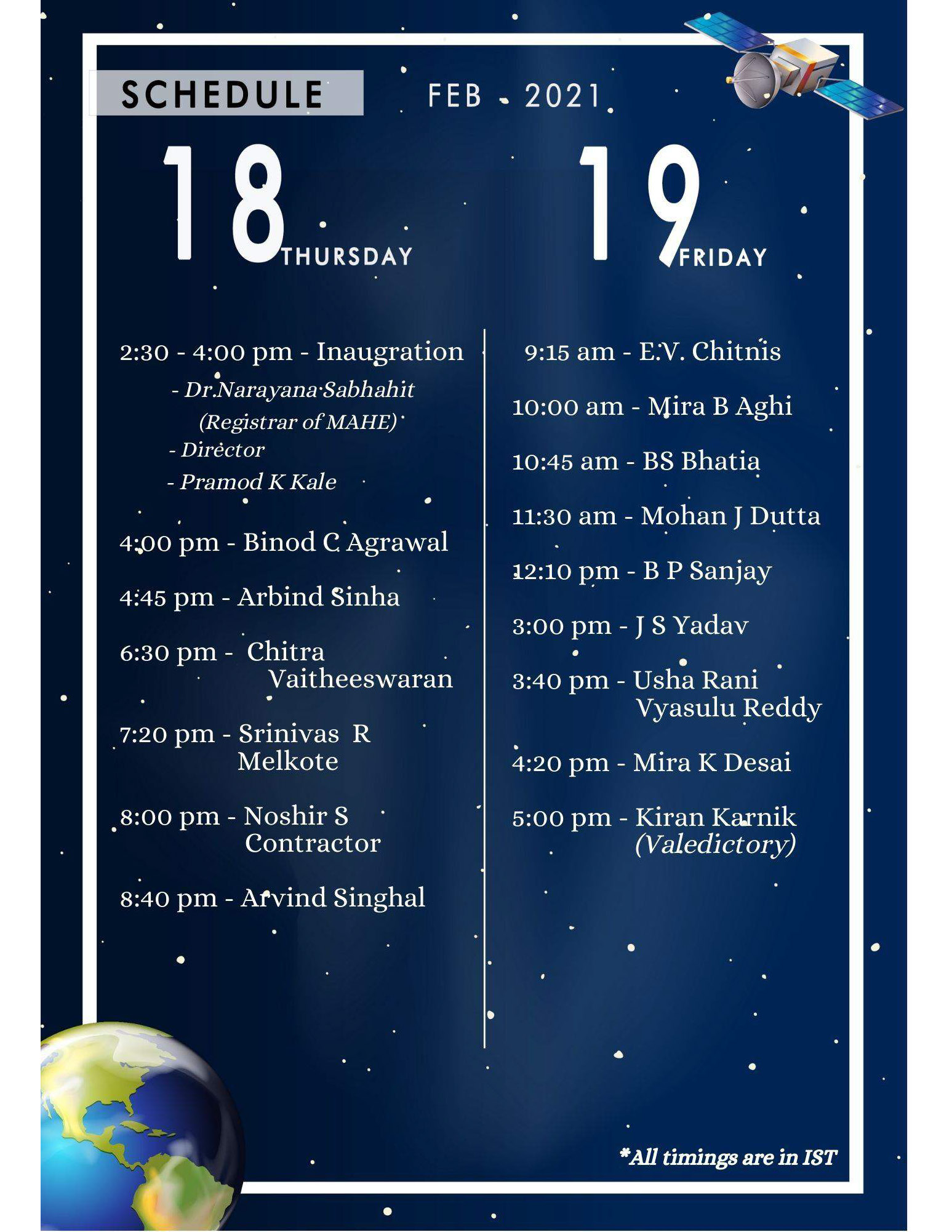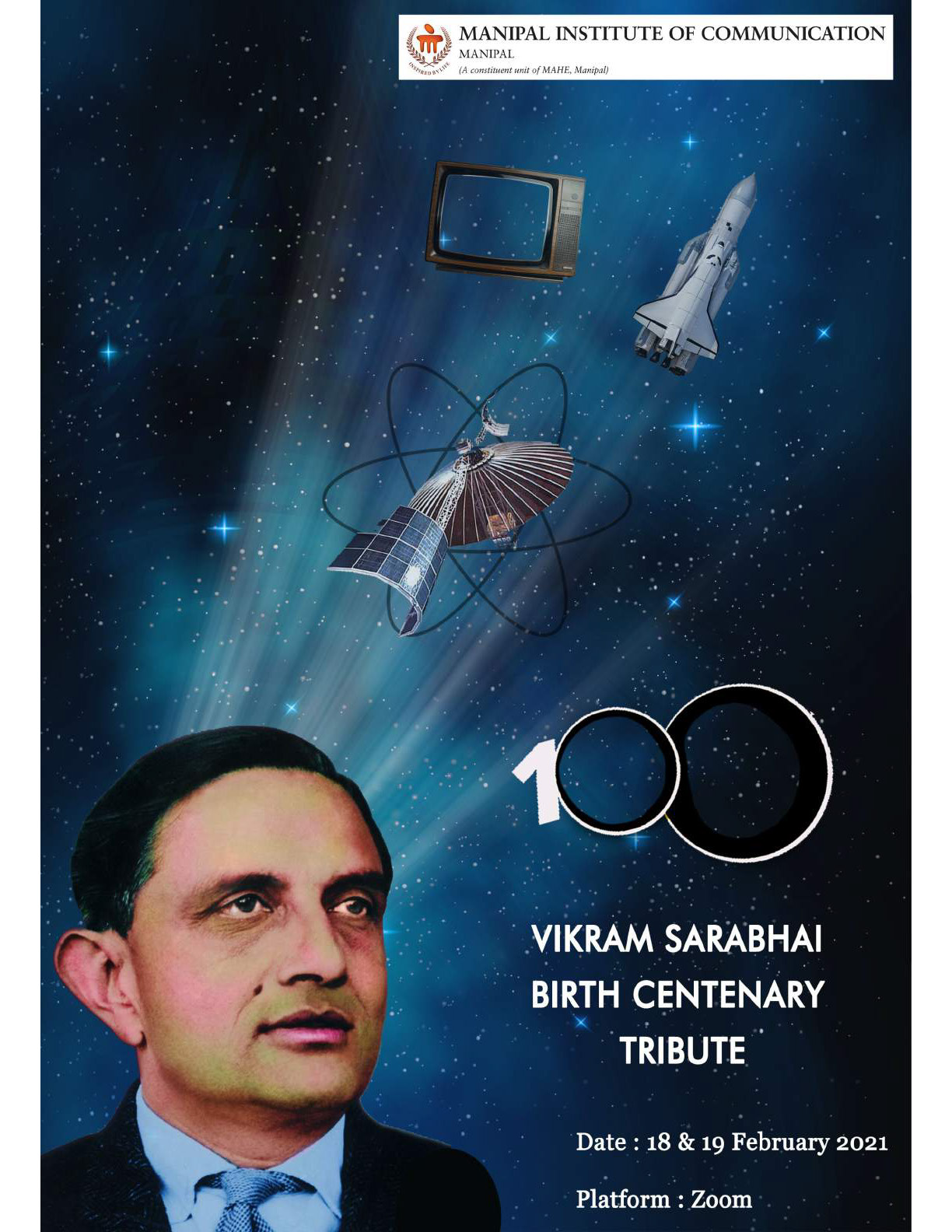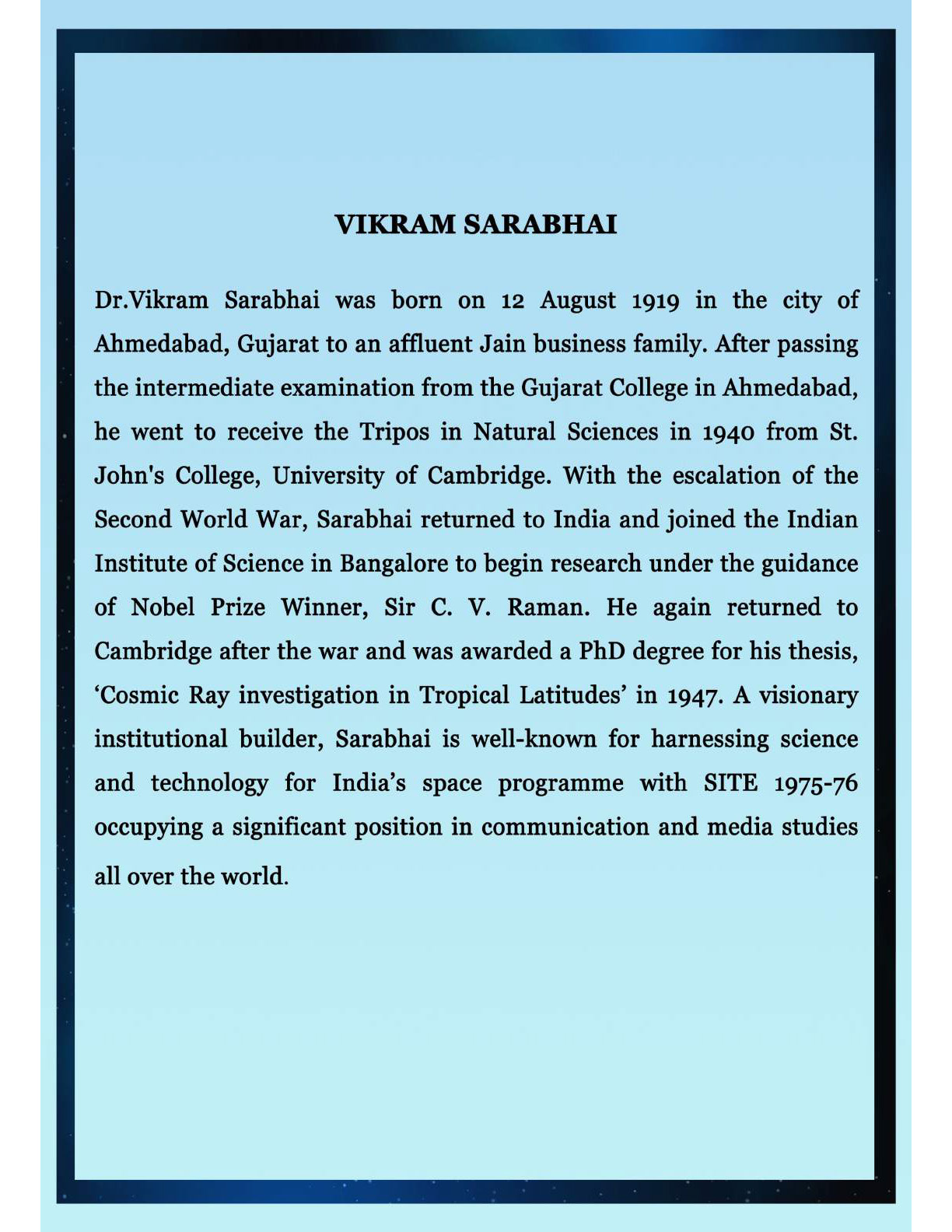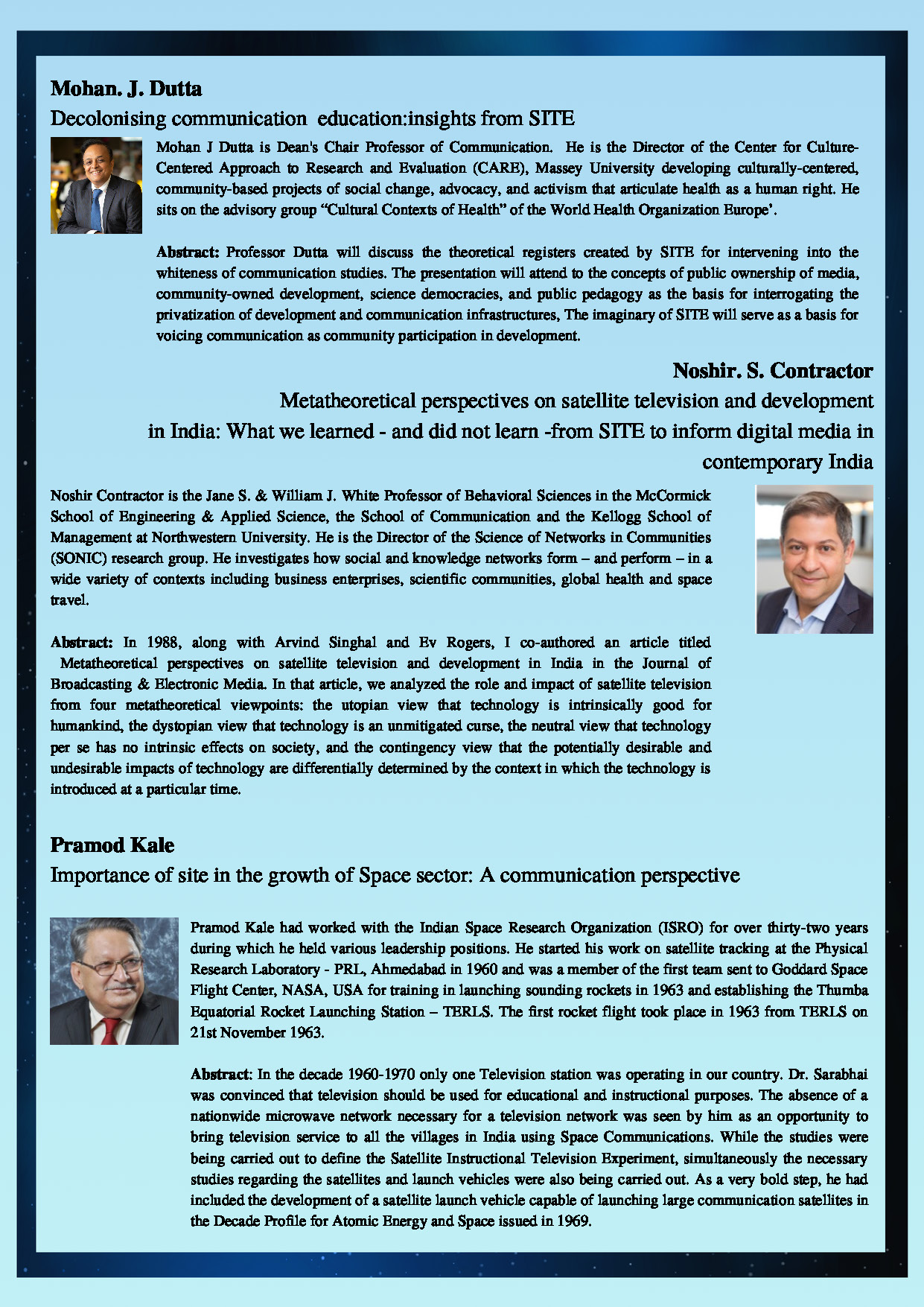Wednesday 18 September 2024 by Professor Mohan Dutta
The trope of academic freedom in danger is a critical resource in the organised attack of the far-right on the modern university. One of the core techniques of the far-right in its efforts to destabilise academic institutions, is cook up a frenzy around free speech – intentionally conflating free speech issues with academic freedom. As an exemplar of the communicative inversions performed by the far-right, the panic around academic freedom is actually a critical tool in catalysing attacks on the academic freedom of decolonising practices in the university environment. What the far-right, and the underlying infrastructure of white supremacy is triggered by, is that universities are slowly transforming, starting to acknowledge that centuries of colonial epistemic violence have erased the knowledge infrastructures of colonised peoples.
In Aotearoa New Zealand, as I have demonstrated in my analyses, the Free Speech Union uses ideologically motivated faulty surveys to create panic around academic freedom. With a fundamentally incorrect understanding of academic freedom (the freedom of academics to teach and publish in their areas of expertise) that conflates it with free speech, the Union constructs its propaganda around specific ideological issues (Te Tiriti o Waitangi, gender justice, and so on) which are at the heart of the far- right’s culture war propaganda in Aotearoa.
In its most recent campaign, the Free Speech Union has turned to releasing leaked climate surveys to construct the argument that academic freedom is under threat in Aotearoa. Deploying the tactical tool of leaks, it builds an affective register around academic climates, suggesting these environments are threatening academic freedom.
In August, the Free Speech Union targeted the Law School at Auckland University of Technology (AUT), placing its propaganda around a leaked climate survey (to David Farrar, yes, the same David Farrar that runs the debunked Free Speech Union survey on academic freedom) that suggested faculty dissatisfaction. Commenting on the selective excerpts from the survey published on David Farrar’s blog, noted Jonathan Ayling, the Chief Executive of the Union:
“Academics are being criticised and punished for speaking out, causing them and others to resort to self-censorship. Again, results from an internal law school survey displayed very low levels of satisfaction. This included 30% claiming they feel uncomfortable reporting inappropriate behaviour and more than one-in-three respondents experiencing bullying in the past six months.”
Mr Ayling’s blog then reports on a letter sent out to the Minister of Education and the AUT Vice-Chancellor. When you look closely at the items shared on Mr Farrar’s blog however, there is not a single reported item on the blog that substantiates the claim “academics are being criticised and punished for speaking out.” You also won’t find an item that actually measures self-censorship.
In other words, the frame around threat to academic freedom that is part of the moral panic crafted by the Free Speech Union in its press release and the letter to the Minister of Education is not substantiated empirically. There is no evidence of academics being punished for speaking out, as Mr Ayling claims.
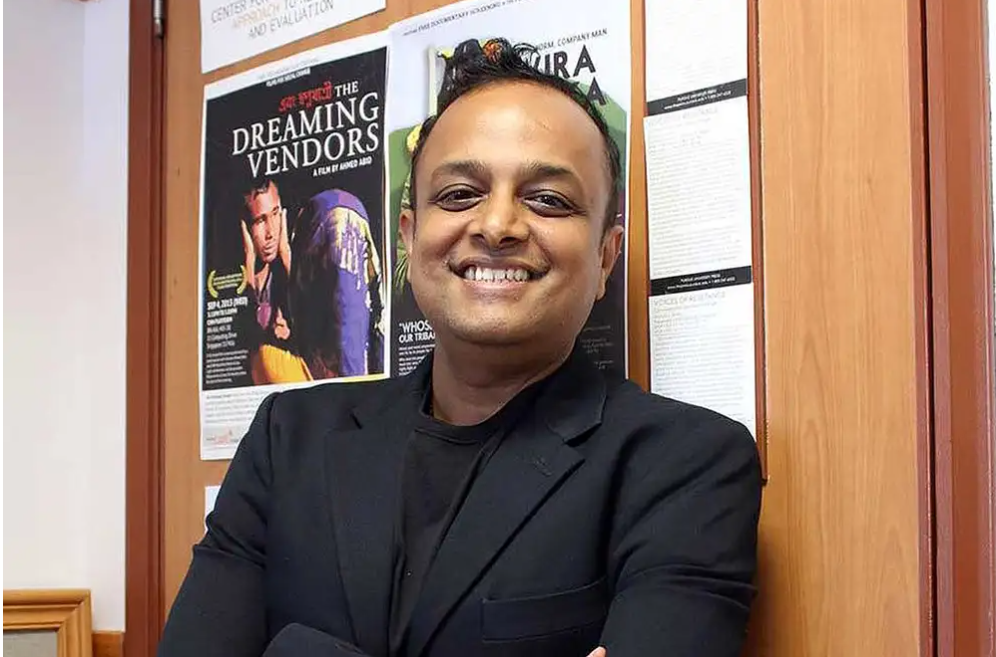
Mr Farrar’s blog embellishes the ideological reading of the survey with leaked emails and speculations. The survey creates the opening for attacking the Dean of Law at AUT who had spoken out against the attack on the teaching of Tikanga Māori. Writes Mr Farrar: “Now readers will recall that the Dean of Law is Khylee Quince and she attracted a lot of publicity when she called a senior KC a racist dinosaur who should go off and die in the corner.” The blog wraps up by further constructing the Dean as threat to academic freedom:
“As you can see the results for the Law Faculty are much much lower than AUT as a whole. So this would suggest the major issue is not the central administration, but the faculty management itself. I am told by sources that everyone knows what the major problem is, but people are too scared to say so.”
Note here the slippage from the report of a leaked climate survey to hearsay – the architecture of gossip in: “everyone knows what the major problem is, but people are too scared to say so.”
It is worth noting the targeting of the AUT Dean of Law, Māori academic Khylee Quince, is part of a broader campaign targeting senior Māori academics (often women) who have spoken out publicly against the white supremacist structures that make up universities in settler colonial Aotearoa New Zealand, and their organised campaigns directed at erasing the decolonising registers that have been built through decades of struggle. The ideologically motivated campaign around academic freedom mobilised by Mr Farrar and Free Speech Union works on slippages to construct the narrative of academic freedom under threat. Implicit in this, is the positioning of Te Tiriti o Waitangi as a threat to academic freedom in Aotearoa.
Indeed, the academic climate of settler colonial universities, embedded in whiteness and mobilised to uphold white supremacy, has worked historically to erase decolonising registers of knowledge generation. Prevailing norms of whiteness have devalued and undermined Indigenous knowledge claims, often working aggressively to silence decolonising scholarship. The voices of Indigenous and postcolonial academics have historically been silenced, with the academic freedom to do decolonising scholarship severely constrained by the norms of whiteness, upheld by notions of civility and norms of communication within white academic structures.
As universities in Aotearoa New Zealand, as with universities across settler colonial spaces globally, have started their decolonising journeys around reconciliation and recognition of Indigenous rights, the far-right white supremacist campaign seeking to silence these efforts has worked incessantly to construct decolonisation as a threat to academic freedom. The implicit and explicit targeting of Te Tiriti o Waitangi and the positioning of Te Tiriti in opposition to academic freedom must be read within the broader architecture of the global proliferation of white supremacist backlash against decolonisation. Any conversation on academic freedom must begin with the recognition that the far-right panic around academic freedom is a threat to the academic freedom of academics studying, teaching, researching and publicly engaging on decolonisation, postcolonial theory, critical race theory etc. It must also be noted that academics teaching and researching in these areas have historically faced diverse intersecting forms of marginalisation, harassment, and threats to their academic freedom.
Professor Mohan Dutta is Dean’s Chair Professor of Communication. He is the Director of the Center for Culture-Centered Approach to Research and Evaluation (CARE), developing culturally-centered, community-based projects of social change, advocacy, and activism that articulate health as a human right. He is a member of the board of the International Communication Association.
Article Source: Massey News


